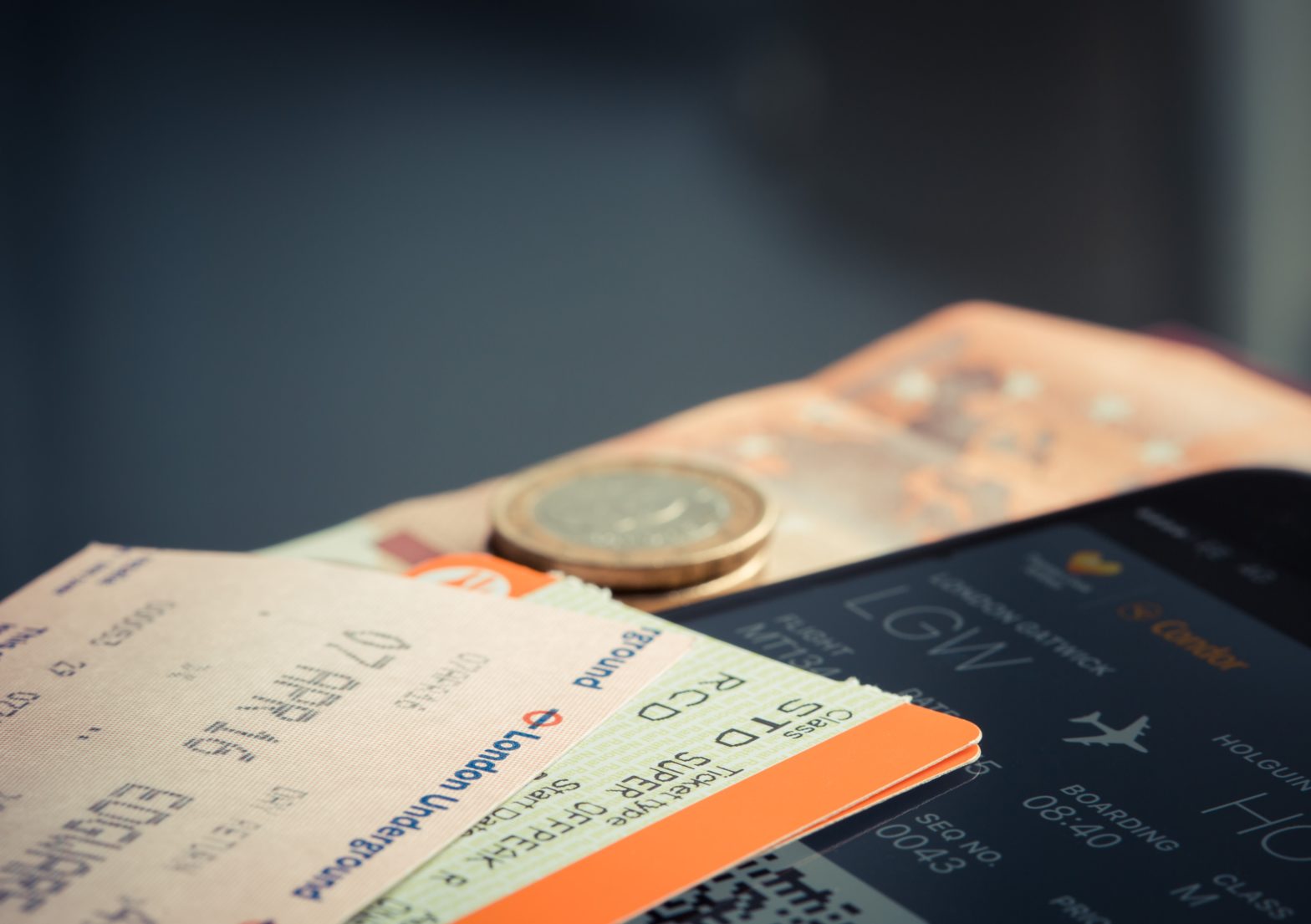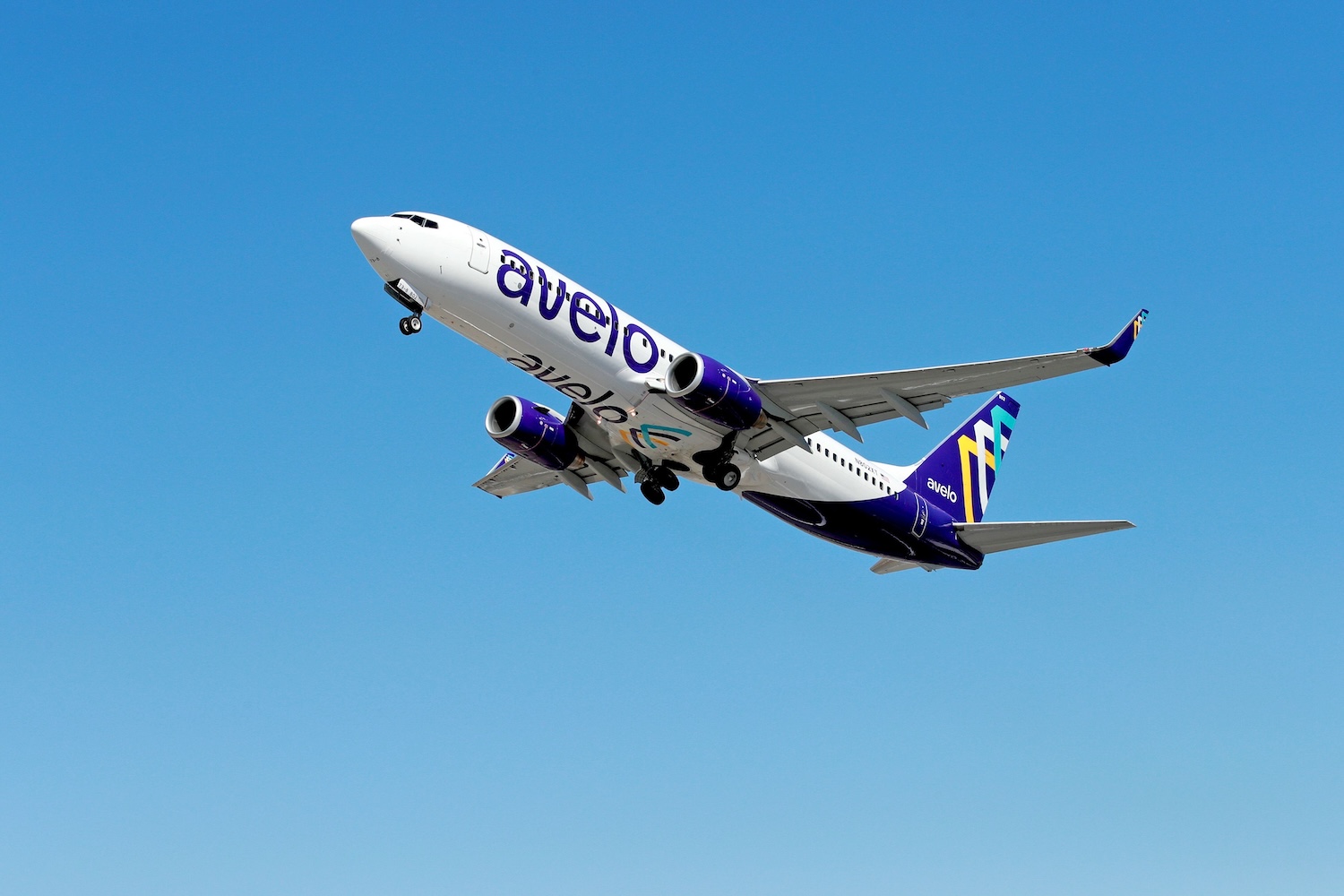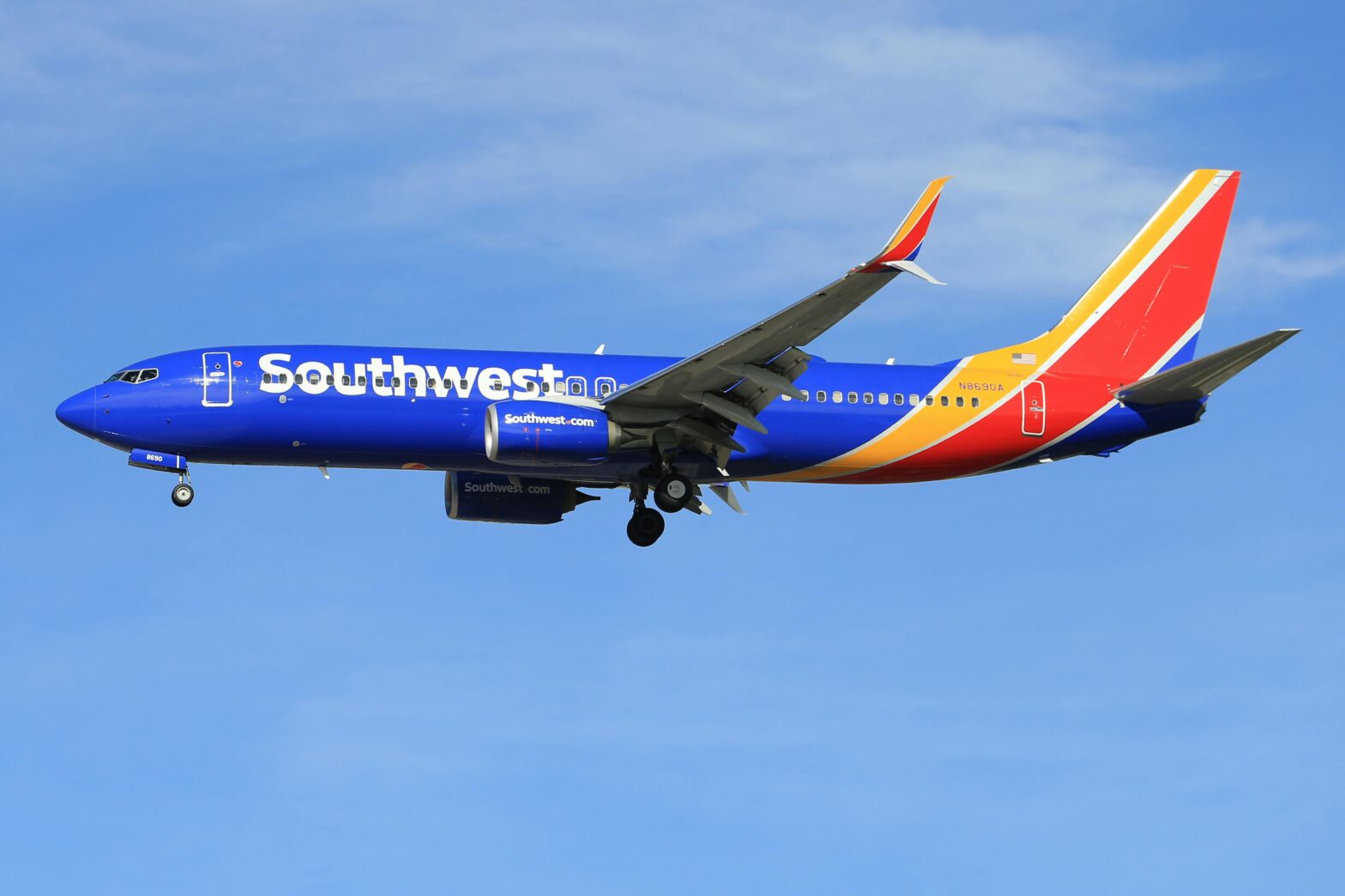
In 2019, Hotelmize reported that 200,000 million global tourists were millennials and they spent an average of $180 billion US dollars on travel every year. After almost two years of canceled plans and trips, many Americans are traveling again. Despite the pandemic, Millennials are still traveling more than any other generation.
Millennial Travelers' Spending Habits
TripAdvisor’s annual TripBarometer data discovered the following key findings:
- Millennials have the smallest accommodation budget by a significant margin
- The 25-34 age group is also more likely to be attracted to a great deal, with 16% being prompted to think about their trip because of a bargain – however, this declines with age
- Millennials are also far more likely to conduct thorough research to find the right accommodation and flight combination to make their city break a more economical trip and to stay within their limited budget.
Financial Insecurity Post-Pandemic
The economic backlash from the ongoing COVID-19 pandemic and record-high inflation significantly affected how secure Millenials felt about their money. In its Q4 2021 Consumer Survey, GlobalData reports that “36% of millennials stated that they were ‘extremely concerned’ regarding their personal finances.” The current economic reality has led many to rely on various forms of credit out of necessity. According to a new study conducted by Qualtrics on behalf of Credit Karma, nearly 60% of consumers say they are likely to use BNPL products because of the financial stress of inflation.
Millennials’ lack of financial security coupled with ”revenge traveling” has created the perfect opportunity for many travel brands to partner with third-party loan services. Even more of an incentive is that “there’s no risk to the airlines, the third-party services are the ones taking on all the risk.”Most importantly for airlines and their recovery timelines, buy now, pay later allows them to still make sales during hard economic times.
Buy Now, Pay Later Options
The top service provider for travel brands has been Uplift, which offers options for travelers to create payment plans for everything from airfare to tours and even cruises. The benefit of a partnership with Uplift is that it pays for things upfront and allows travelers can continue making payments even after they go on their trip. The traveler is responsible for paying back Uplift as one would pay for a loan, often including interest.
Other travel companies are offering pay-as-you-go options on their own, without these partnerships such as Delta, exclusively for flights. Other companies, like Intrepid Travel and Contiki, offer payment plans that allow travelers to place a small deposit down, then pay in interest-free installments through to an end period. These interest-free options are preferred to the high-interest rates, however, Intrepid allows travelers to pay in as many installments as they’d like up to 28 days prior to departure date; Contiki’s is 45 days prior to departure. These options are harder to use when booking last minute – a habit very popular amongst millennials.
Before Agreeing To The Terms
When using a Buy Now, Pay Later option to cover expenses, it’s very important to read the fine print. In Buy Now, Pay Later The Pros and Cons, found that only “43% of the 1,800 adults who said they had used a buy now pay later service completely understood the terms and conditions.” It’s important, that millennials take the time to understand the deals before buying into them being that “ looking for the best deal is important to 92% of millennials” when booking travel. In short, BNPL travel options are skyrocketing due to a larger portion of millennials who are more budget-conscious, and most eager to get away after the pandemic. However, if not understood properly, these finance options run the risk of costing you more money, and a hit to you credit score.





